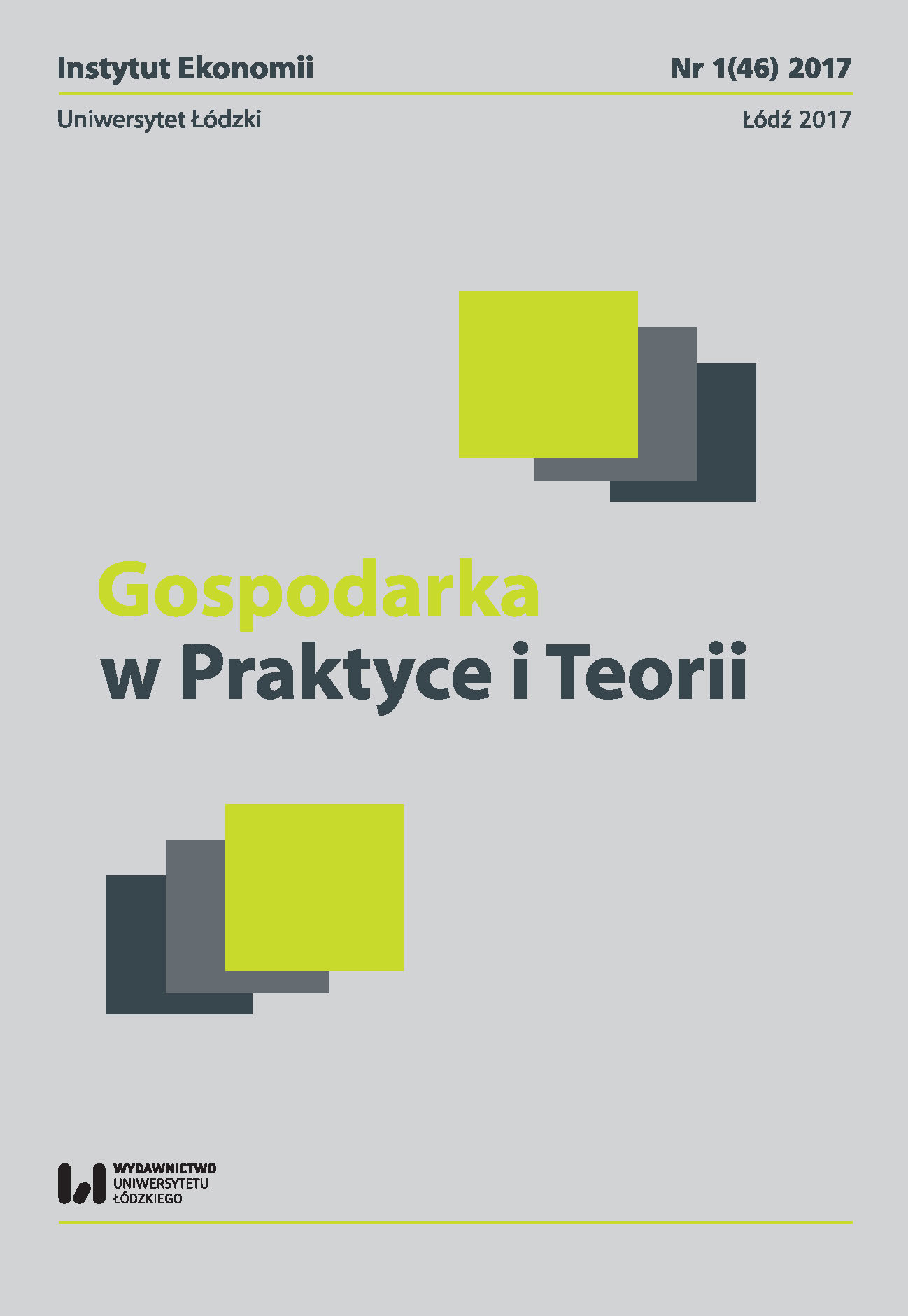The paradox of efficiency in terms of energy needs of road transport in the European Union
DOI:
https://doi.org/10.18778/1429-3730.46.05Keywords:
transport, road transport, mobility, transport fuels, energy efficiency, energy consumption of transportAbstract
With quantitative and qualitative data, and knowing, at a glance, goal, it was an attempt to examine the relationship between the development of road transport and the efficiency of resource use. The analysis has shown that road transport now gained a special status in people’s daily lives. The increased mobility of European citizens caused the greatest responsibility for the transport of energy. This spite of improving the efficiency of these cars and freight transport growth. The projected continued growth of freight transport will contribute to the further changes in the structure of energy consumption by road transport. Despite the high growth rate of energy efficiency improvement of truck drives, the share of demand for fuel by those vehicles will increase in total fuel demand for road transport sector. At the same time the energy consumption of cars will reduce its share in total fuel needs transport. Improvmrnt of energy efficiency of passenger and truck will not offset the increase in demand for energy in road transport. The above regularities define a key challenge facing the transport system – meeting the ever growing demand for energy.
References
2050.pl journey to a low carbon future, ed. M. Bukowski, Warszawa 2013, http://np2050.pl/pl/raport/r6-2050-pl-podroz-do-niskoemisyjnej-przyszlosci [access: 12.01.2017].
Google Scholar
Energy efficiency trends in the transport sector in the EU, Lessons from the ODYSSEE MURE project, 2012.
Google Scholar
Energy, transport and environment indicators, Statistical Pocketbook, European Union, 2015.
Google Scholar
EU energy, transport and GHG emissions. Trend to 2050, Reference scenario, Directorate-General for Energy and Mobility and Transport, Luxembourg 2013.
Google Scholar
EU transport in figures, Statistical Pocketbook, Publications Office of the European Union 2015.
Google Scholar
Europe 2020. A strategy for smart, sustainable and inclusive growth, COM(2010) 2020, Brussels 2010.
Google Scholar
Lapillonne B., Pollier K., Energy efficiency trends in the transport sector in the EU, Enerdata 2015.
Google Scholar
Litman T., Well Measured: Developing Indicators for Sustainable and Livable Transportation Planning 5, pdf, http://www.vtpi.org [access: 07.01.2017].
Google Scholar
Motowidlak U., Transport policy and sustainable development, [in:] Implementation aspects of the implementation of sustainable development, ed. D. Kiełczewski, Publisher of the Higher School of Economics in Bialystok, Bialystok 2011.
Google Scholar
Pienkowski D., The paradox Jevons’aa energy consumption in the European Union, “Problems of Sustainable Development” 2012, Vol. 7, No. 1.
Google Scholar
Przybyłowski A., Transport investments as a factor of sustainable development of the regions in Poland, Publisher Gdynia Maritime University, Gdynia 2013.
Google Scholar
White Paper. Roadmap to a Single European Transport Area – Towards a competitive and resource efficient transport system, COM (2011) 144 final, Brussels 2011.
Google Scholar
http://ec.europa.eu/eurostat/tgm/table [access: 12.01.2017].
Google Scholar
http://odyssee.enerdata.net/database [access: 27.01.2017].
Google Scholar








